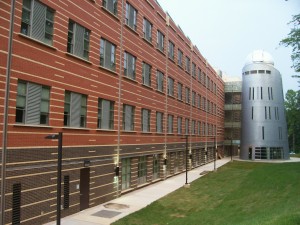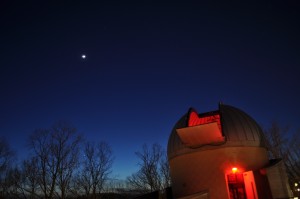see http://cantonbecker.com/retrograde for details…

1st talk at 7PM, same talk at 7:45PM, observing starts at 7:30PM until 9PM.
Campus Map – The George Mason University Observatory at the Fairfax Campus building Research Hall formerly known as Research I.
Tuesday 26 March 2013: This date IF AND ONLY IF 19 March 2013 canceled due to weather. 1st talk at 7PM, same talk at 7:45PM, observing starts at 7:30PM until 9PM.
The date (near March 21 in the northern hemisphere) when night and day are nearly the same length and Sun crosses the celestial equator (i.e., declination 0) moving northward. In the southern hemisphere, the vernal equinox corresponds to the center of the Sun crossing the celestial equator moving southward and occurs on the date of the northern autumnal equinox. The vernal equinox marks the first day of the season of spring.
http://scienceworld.wolfram.com/astronomy/VernalEquinox.html
March’s Full Moon is the “Lenten Moon”, “Worm Moon”, “Crow Moon”, “Crust Moon”, “Sugar Moon”, “Sap Moon”, “Chaste Moon”, or “Holi”.

1st talk at 7PM, same talk at 7:45PM, observing starts at 7:30PM until 9PM.
Campus Map – The George Mason University Observatory at the Fairfax Campus building Research Hall formerly known as Research I.
Tuesday 9 April 2013: This date IF AND ONLY IF 2 April 2013 canceled due to weather. 1st talk at 7PM, same talk at 7:45PM, observing starts at 7:30PM until 9PM.
The Lyrid meteor shower will reach its maximum rate of activity. Some meteors will be visible each night from 19 Apr to 25 Apr, but the best show will be on this evening. The maximum number of meteors expected to be visible from a dark location is around 10 per hour (ZHR). The Moon will be 13 days old at the time of peak activity, and being so close to Full Moon, will severely limit the observations that will be possible. Shucks!

This event was postponed from the previous week. 1st talk at 7PM, same talk at 7:45PM, observing starts at 7:30PM until 9PM.
Campus Map – The George Mason University Observatory at the Fairfax Campus building Research Hall formerly known as Research I.
Tuesday 23 April 2013: This date IF AND ONLY IF 23 April 2013 canceled due to weather. 1st talk at 7 PM, same talk at 7:45PM, observing starts at 7:30PM until 9PM.
April’s Full Moon is the “Egg Moon”, “Pink Moon”, “Sprouting Grass Moon”, “Fish Moon”, “Seed Moon”, “Waking Moon”, or “Hanuman Jayanti”.

